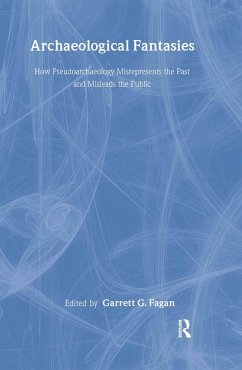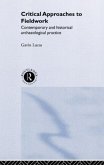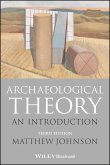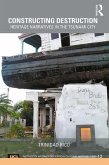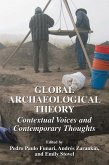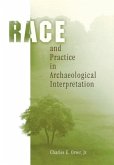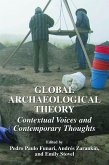Did aliens build the pyramids? Do all the world's civilizations owe a debt of gratitude to a single super-civilization in ancient times? Was Egypt the home of magicians? Is there a fantastic body of ancient wisdom awaiting discovery, which will help solve the world's problems? These and other scenarios are thrown up by purveyors of what is often dubbed alternative, fringe or popular archaeology and ancient history. In reality, such work is properly called pseudoarchaeology since it is a muddled imitation of the real thing. In this collection of stimulating and engaging essays, a diverse group of scholars, scientists, and writers consider the phenomenon of pseudoarchaeology from a variety of perspectives. They contemplate what differentiates it from real archaeology; its defining characteristics; the reasons for its popular appeal and how television documentaries contribute to its popularity; how nationalist agendas can warp genuine archaeology in to a pseudo-version; and the links between pseudoarchaeology and other brands of false history and pseudo science. Case studies include surveys of esoteric Egypt and the supposedly mystical Maya, Nazi pseudoarchaeology, and ancient pseudohistory in modern India.
Hinweis: Dieser Artikel kann nur an eine deutsche Lieferadresse ausgeliefert werden.
Hinweis: Dieser Artikel kann nur an eine deutsche Lieferadresse ausgeliefert werden.

